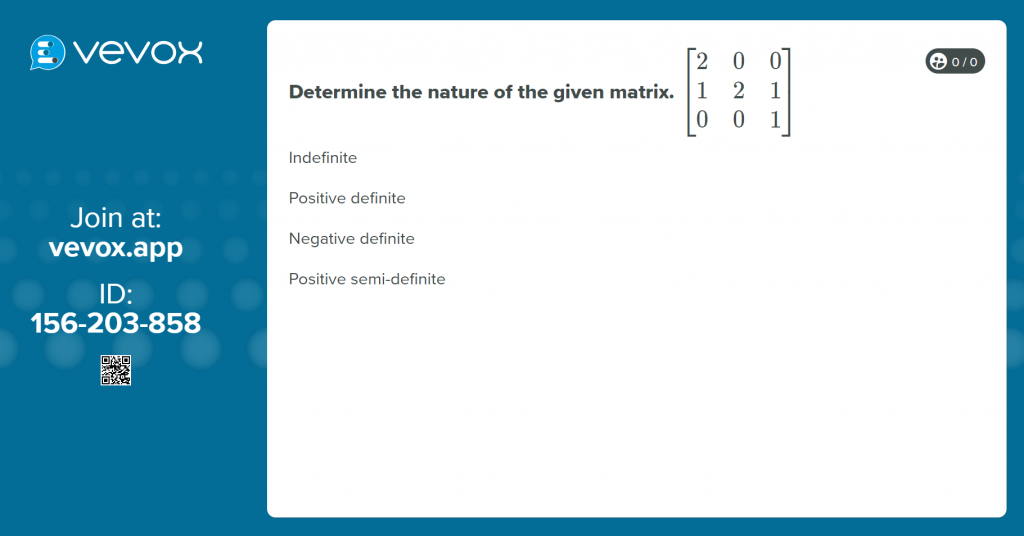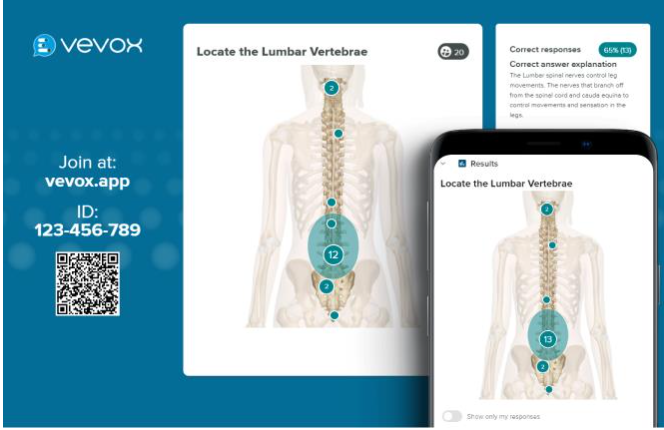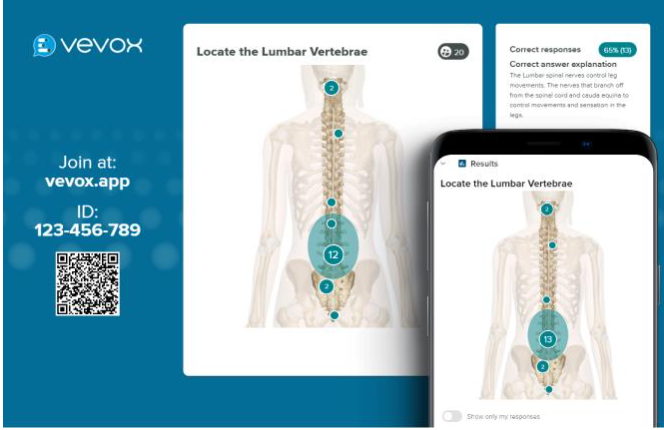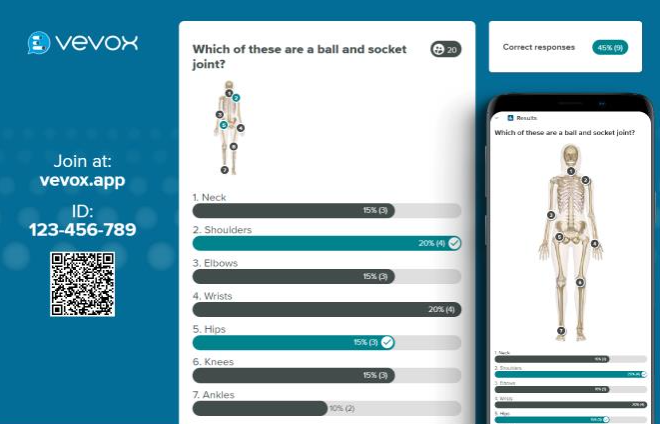
The University has a site license for Vevox, a polling software, which means that we benefit from regular updates. You can view the March updates on this blogpost.
The summary of the updates for September are below:
Vevox interface available in Welsh
The Learning and Teaching Enhancement Unit is pleased to announce that Vevox, the University’s polling software, now has an interface available in Welsh.
Since we procured Vevox we have been working closely with their Customer Services Manager to develop the system to meet the needs of our learning and teaching and we are really pleased to see this development.
Users can choose their language in the interface when they log into Vevox.
Click on the language icon highlighted below and select Cymraeg and Save.
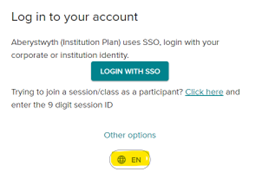
New question type available
There’s a new ranking style question available – ask your students to rank things based on importance or put things in the correct order.
This question can either be marked as correct or used to generate user preference. From the poll, select the Ranking style question.
Want to learn more about Vevox?
If you’re new to using Vevox, book yourself onto our E-learning Essentials: Introduction to Vevox training session which is taking place on Thursday 22 September, 11:00-12:00. You can also check out our guidance materials to get started.
If you have any feedback on this update, or other Vevox functionality, feel free to email us (elearning@aber.ac.uk) and we will be happy to raise on your behalf.

